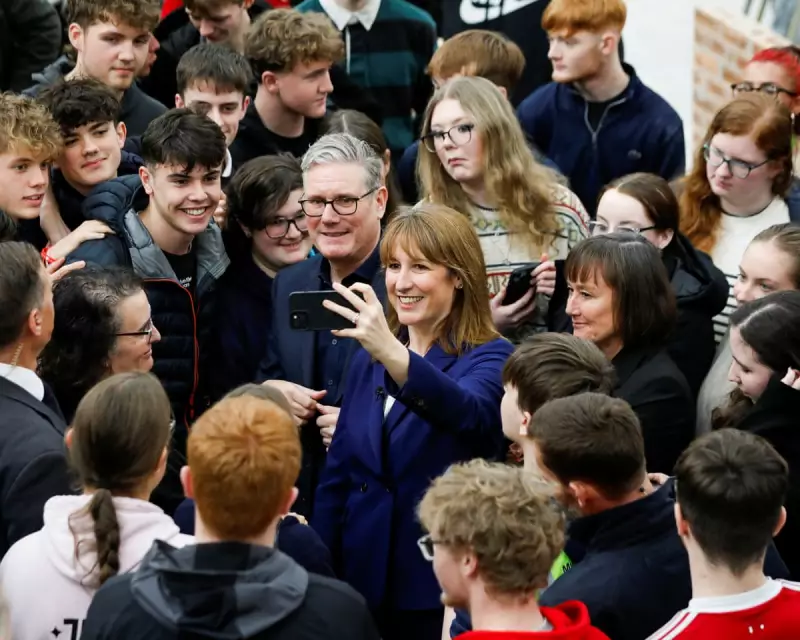
Sir Keir Starmer's Labour government is confronting its most severe political crisis just sixteen months after securing a commanding parliamentary majority. Support for the administration has collapsed to a mere 18% in recent polling, putting them a alarming fifteen points behind Nigel Farage's Reform UK. This represents what polling expert Professor John Curtice describes as "the worst-ever fall in support for a newly elected government" in British political history.
A Government Under Siege
The dramatic decline follows what commentators have termed an "omnishambles" week for the Prime Minister. The turmoil within British politics mirrors similar upheavals across Europe, where discontented voters have ousted governments in numerous countries including Finland, Germany, Italy, and Poland over the past three years. Britain alone has seen six different prime ministers in less than a decade, highlighting the continent-wide political instability.
Chancellor Rachel Reeves inadvertently exacerbated the government's troubles through a poorly handled pre-budget communications strategy. Her initial proposal to increase income tax by 2p while cutting national insurance by the same amount was quickly abandoned after public objections from senior Labour figures including Lucy Powell and Wes Streeting. The subsequent U-turn damaged the government's credibility and exposed deep divisions within the party.
Labour's Substantial Achievements Overshadowed
Despite the political turmoil, the government has delivered significant legislative accomplishments that have struggled to cut through public consciousness. The recently passed Renters' Rights Act will end no-fault evictions from next year, providing security for the 34% of households with children living in private rentals. Meanwhile, major curriculum reforms promise to revitalise education with shorter GCSE exams and enhanced focus on arts, sports, and vocational subjects.
Other notable achievements include the ongoing nationalisation of rail services, substantial investments in renewable energy, new workers' rights ending zero-hours contracts by 2027, and the revival of the Sure Start programme as "Best Start". NHS England statistics show gradually improving waiting times, supported by the recruitment of 2,000 additional GPs. Yet these successes remain largely unknown to voters, with doorstep canvassers reporting widespread public ignorance of the government's accomplishments.
The Reform UK Challenge and European Context
The threat from Reform UK represents an existential challenge to Labour's political dominance. According to the Economist's global democracy index, only 6.6% of the world's population now lives in a full democracy, down from 12.5% a decade ago. While Europe remains the most democratic region globally, it faces unprecedented political turbulence.
Starmer himself acknowledged the gravity of the situation in his September conference speech, framing the contest with Reform as "a fight about who we are as a country" that goes to "the soul of our future". However, that rhetorical urgency appears to have dissipated amidst the government's current difficulties.
The question now dominating Westminster circles is whether a leadership change could salvage Labour's fortunes. Some speculate about a post-budget challenge, while others suggest waiting until after potentially disastrous local elections in May. However, critics argue that no new leader would magically resolve the fundamental challenges of tight public finances, hostile bond markets, and deeply discontented voters.
As the government prepares for next week's crucial budget announcement, the dominant view among political observers is that Labour must focus on communicating its achievements more effectively rather than engaging in divisive leadership contests. The party faces the monumental task of cutting through what columnist Polly Toynbee describes as "the distorting wall of sound of the vast rightwing hate media" while demonstrating coherent policy direction to an increasingly sceptical electorate.





